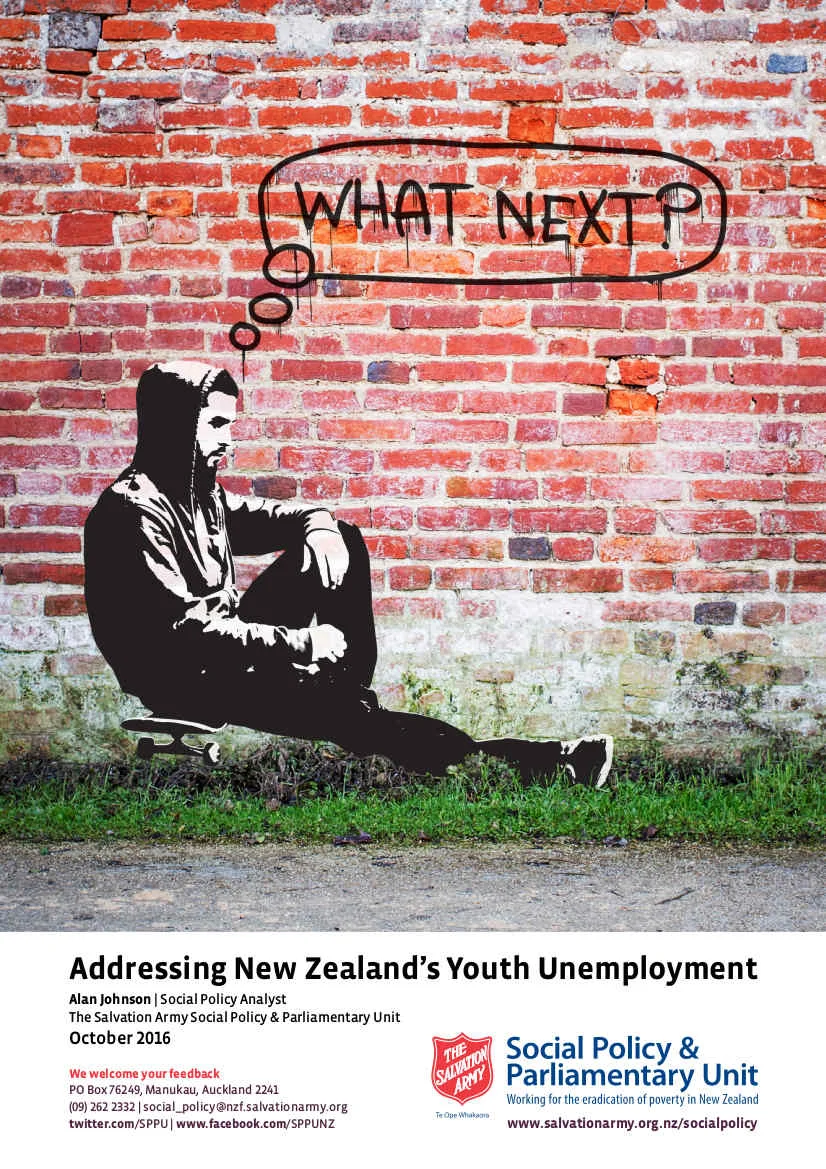Immigration: Changes in NZ Residence Programme
(caption for the above picture: Minister Michael Woodhouse with Prime Minister John Key; courtesy michaelwoodhouse.national.org.nz)
The changes include:
- changing the planning range for residence approvals for the next two years to 85,000 – 95,000 (down from 90,000 – 100,000)
- raising the number of points required for residence from 140 to 160 points under the Skilled Migrant Category (SMC)
- reducing the number of places for the capped family categories to 2,000 per year (down from 5,500)
Immigration Minister Michael Woodhouse has recently announced changes to the Government’s New Zealand Residence Programme (NZRP) for the next two years.
“Migrants make a valuable contribution to New Zealand both culturally and economically, and the Government periodically reviews all our immigration settings to make sure they are working as intended,” Mr Woodhouse says.
“While we are confident our immigration settings are working well, the NZRP is reviewed every couple of years to ensure we have the right number and skill mix of people gaining residence. As part of that review, I am announcing a small change to the total number of people gaining residence,” Woodhouse noted, adding, “We will also be making some changes to better manage the Skilled Migrant and Family Categories at a time when demand for gaining residence under these categories continues to grow.”
The Minister though, also acknwoledged the “valuable contribution migrants make to New Zealand both culturally and economically”.
Commenting on the changes, the Minister noted, “Increasing the points required to gain residence from 140 to 160 will moderate the growth in applications in the Skilled Migrant Category and enable us to lower the overall number of migrants gaining residence. Changes to the Family Category, including temporarily closing the Parent Category to new applications, will also reduce the total number of migrants being granted residence. Raising the points will also prioritise access for higher-skilled SMC migrants, ensuring we strike the right balance between attracting skilled workers that allow companies to grow and managing demand in a period of strong growth.”
Changes in NZ Residence Programme a 'sign of progress', Business NZ
Changes to Immigration NZ's the permanent residence rules - a slight reduction in residence approvals for the next two years, along with a higher points requirement for the skilled migrantscategory (see the story below) - will help prioritise more highly skilled immigrants, BusinessNZ has noted.
BusinessNZ Chief Executive Kirk Hope said, "It's important that immigration settings allow the entry of skilled migrants while maintaining an overall level of migration that works for New Zealand. While it is positive that the Government has taken on board some of the concerns of employers regarding the skill base of those achieving permanent residency status, employers would also like to see more work done on sharpening the system further to ensure that in-demand skills such as engineering remain a key priority. More work is needed to ensure the criteria weightings of the points under the Skilled Migrant Category deliver long term economic and social benefits to NZ," Hope added.



